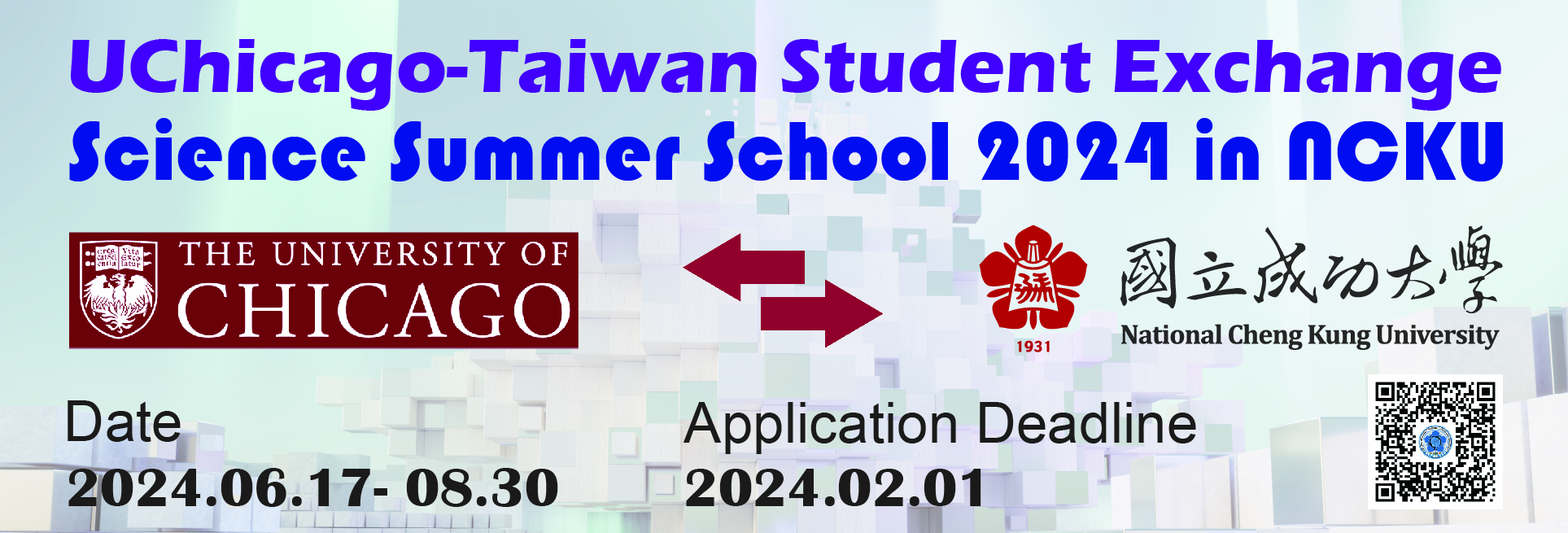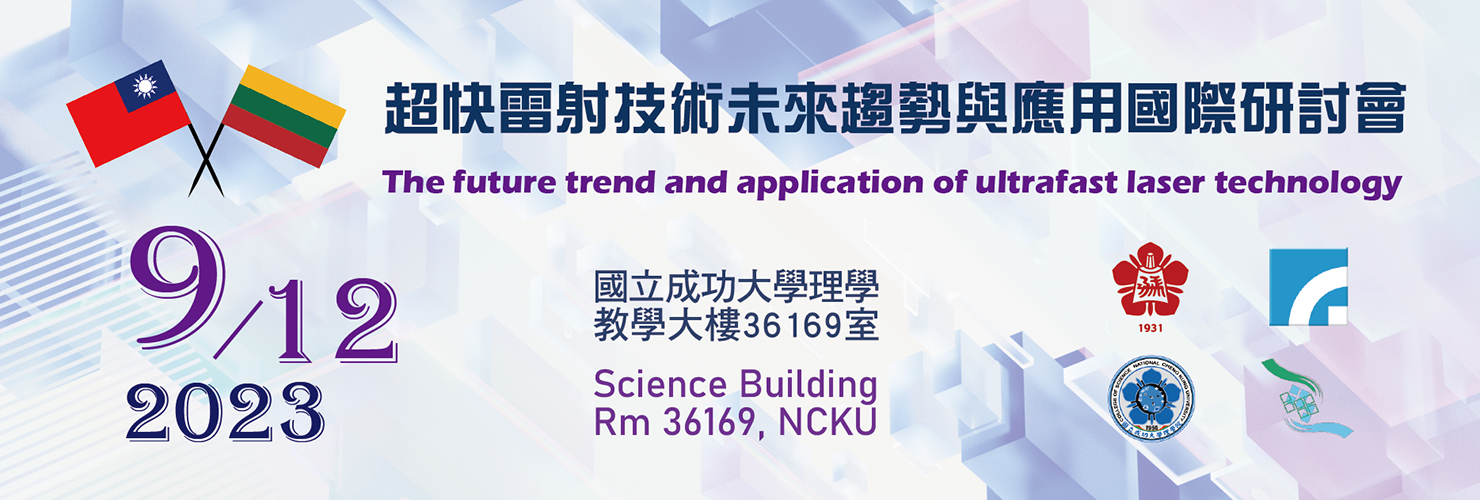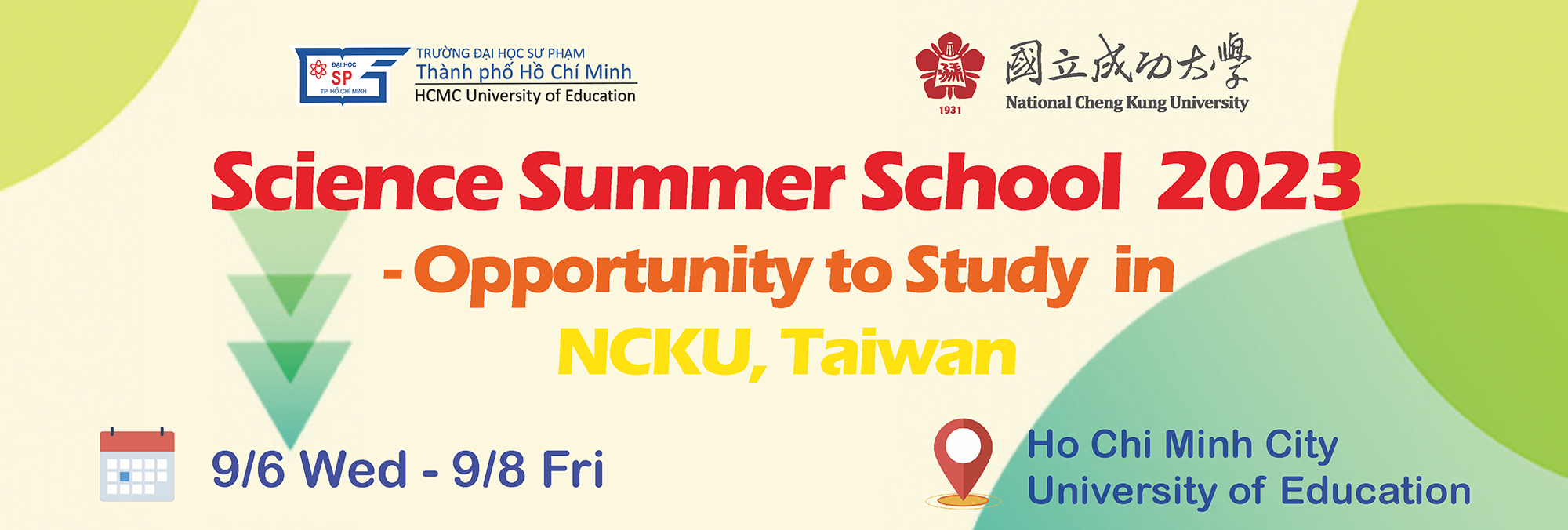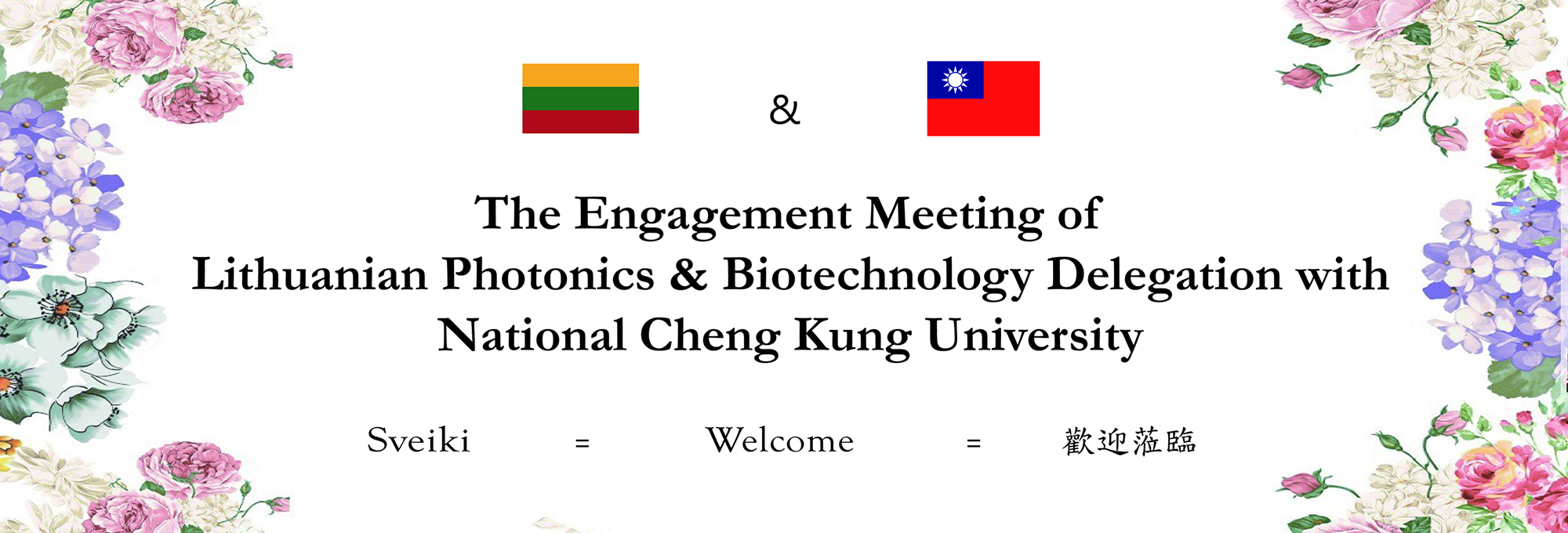Center for Theoretical Sciences
The National Center for Theoretical Science (NCTS) was established in August 1998 to drive the rapid development of theoretical physics and to cultivate researchers of theoretical physics. After 2004, in addition to the Hsinchu Center, NCTS added two centers on south and north. The southern base was located at the National Cheng Kung University. In order to cooperate with NCTS, National Cheng Kung University provides a building, four job vacancies, and considerable financial assistance to establish the basic software and hardware facilities for the operation of the center. The Southern District serves as the base for two subject research groups, Computational Materials Science (CMR) and Quantum Information Science (QIS), which provide an important place for NCTS to expand in Southern Taiwan.
The principal investigator of the project of National Center for Theoretical Science (Southern District) from January 1, 2004 to January 31, 2006, was Prof. Lee, Chien-Er of the Department of Physics, who retired on January 31, 1995. Then Prof. Fuh, Andy Y.G. of the Department of Physics took over the position. National Cheng Kung University also established a theoretical scientific research center on June 14, 2005 through the Conference of the School Development Committee. The center members are divided into mathematics and physics groups to assist the National Center for Theoretical Science (Southern District) project planning. On December 31, 2014, the National Center for Theoretical Research (Southern District) officially ended due to the termination of the project (the project business ceased to operate on March 31, 2015). At present, Center for Theoretical Sciences continues to operate. The director of the mathematics group is Professor Wen-Fong Ke of the Department of Mathematics, and the director of the physical group is the director of the Department of Physics.
Since its operation in 2004, NCTS has exerted great influence in South Taiwan. The mathematics group is to formulate policies and methods by the review committee convened by the project moderator, and to plan regular seminars, professional courses and student seminars, and occasionally invite domestic and foreign experts and scholars to the school for academic exchanges and short-term seminars. Workshops and seminars and other related activities. The field research plan mainly includes generation arrays, geometric groups, partial differential equations, applied analysis and computational mathematics. The physical group's research on quantum information has grown from nothing to the present, and it has formed a considerable amount of global base. An international seminar is held every year, and there is substantial cooperation with Germany, Japan, and Israel. In particular, it has an important contribution to the quantum theory of the de-coherence process of open quantum systems.




